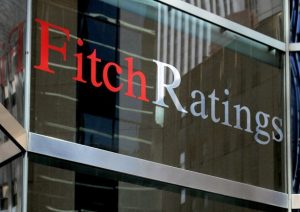The sector outlook for African banks is stable for 2021 as they see a gradual normalisation with business volumes and revenues picking up, Fitch Ratings says. However, we do not expect a return to pre-pandemic performance levels for at least another two years.
Asset quality will deteriorate faster in 2021 and beyond due to the lag effect of the pandemic on households and business, combined with the expiry of temporary debt-relief measures. The most likely scenario is the active restructuring of large corporate loans preventing a sharper hike in impaired loans. Such flexibility will not be afforded to consumer and SME loans and these segments will drive higher impaired loans over the longer term. Impaired loan ratios could head towards low double digits in some countries, particularly in Nigeria and Morocco. Our base case is that due to still healthy revenue generation capability, most banks in the region will remain profitable despite large credit losses. The rebuilding of earnings will be slower for South African banks.
Funding and liquidity will remain broadly stable. Banks are generally more liquid due to slower loan growth and risk aversion. Deposit growth will remain strong. Foreign-currency liquidity risks have not materialised, particularly in Nigeria but present a significant risk to banks’ ratings.
The risk to capital comes from asset quality but our stress tests show that banks have healthy capital buffers and could withstand moderate shocks.
Fifty per cent of the bank ratings under our coverage have Negative Outlooks or Watches compared with 35% a year ago despite multiple rating downgrades since the crisis unfolded. Therefore, the Rating Outlook for the sector is Negative. The Negative Outlooks on banks’ ratings reflect either the sovereign being on Negative Outlook or standalone weakness, typically around capital.
Downside shocks to operating conditions persist as economic recovery is fragile and prone to setbacks. Sovereign downgrades would likely trigger bank downgrades due to the influence of the sovereign’s creditworthiness on the risk of banking in Africa.














